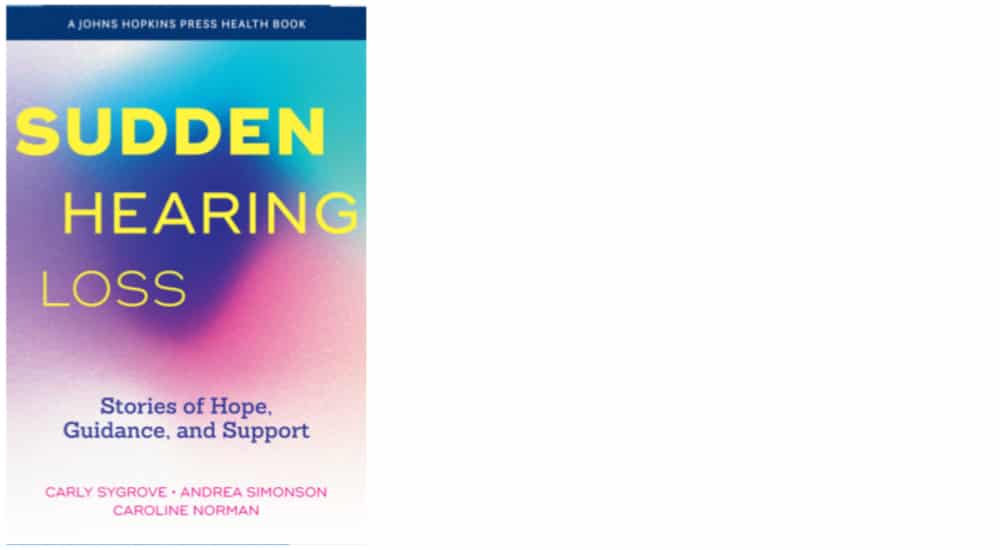Assessing outcomes in mild-to-moderate congenital hearing loss
Study
A team of researchers from various institutions including the University of Melbourne, Australia and the University of Auckland, New Zealand have carried out a comparative study to assess the benefits of early treatment for mild hearing loss.

The aims of the trend study were to compare language and psychosocial outcomes in children aged 5–8 years with congenital mild-to-moderate hearing loss, determine whether age of detection was predictive of outcome, and compare outcomes between children identified via well-established universal newborn hearing screening (UNHS) and the general population.
To carry out the study, the team compared language outcomes among over 140 children depending on the system of hearing loss detection in operation at the time they were born: detection by chance, detection through risk factor screening, and systematic early identification and fitting in advanced UNHS programs.
Peter Carew, lead author on the article published in the journal Child: Care, Health and Development , from the University of Melbourne says the findings showed that, unlike children with moderate loss, those with mild hearing loss did not demonstrate consistent improvement in language outcomes as the age at diagnosis and hearing aid fitting decreased. These results show that more research is needed into the timing and suitability of fitting in mild hearing loss.
Source: Medical Research.com; Carew P., et al. Mild-moderate congenital hearing loss: secular trends in outcomes across four systems of detection. Child: Care, Health and Development. 2017 Jun 14.


